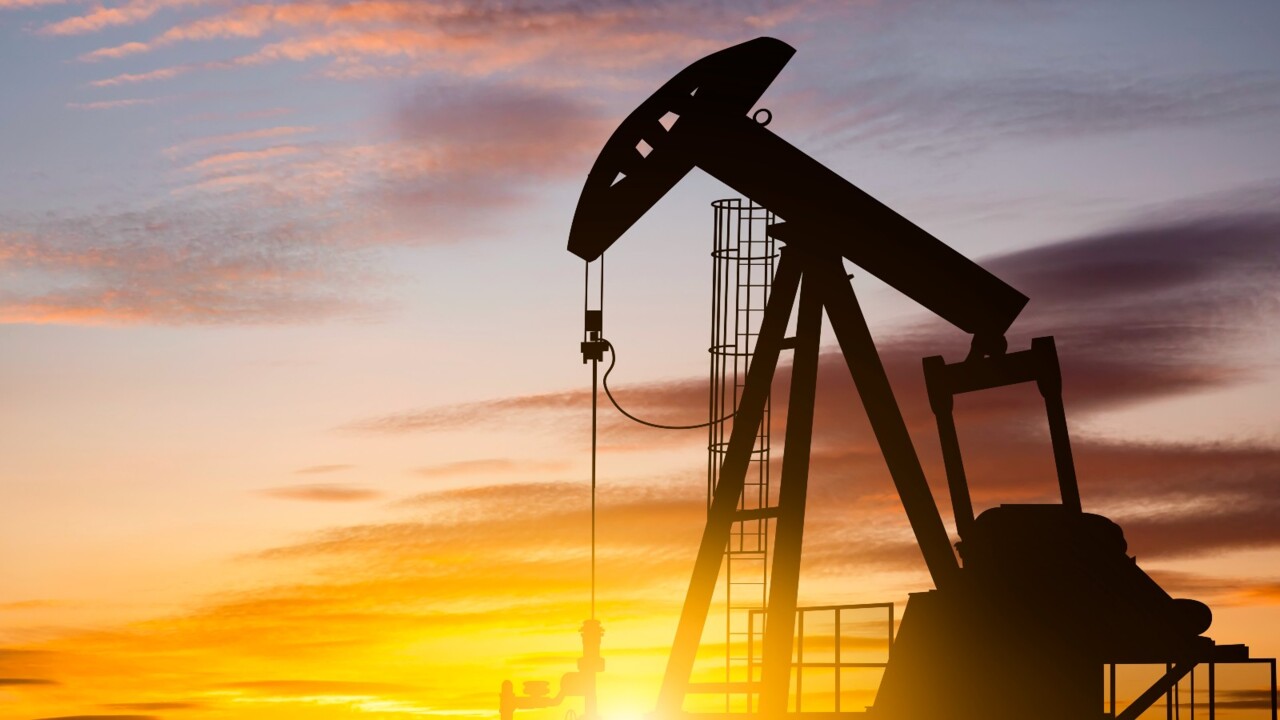Tiwi Islands traditional owners say $5.3bn Santos Barossa project will disturb rainbow serpent
Santos’ planned $5.3bn Barossa gas development in the Timor Sea is putting the culture of the traditional owners of the Tiwi Islands at risk, the Federal Court has been told.

Santos’ planned $5.3bn Barossa gas development in the Timor Sea is putting the culture of the traditional owners of the Tiwi Islands at risk, the Federal Court has been told in a legal dispute costing the energy giant millions of dollars a day and threatening future gas supplies.
Lawyers for Tiwi Islands traditional owner Simon Munkura told the court in closing remarks that there would be deep spiritual concern to the local Indigenous community if the journey of rainbow serpent Ampiji were disturbed by the pipeline off the coast of the Northern Territory.
Earlier this week the oil and gas producer received a green light from federal offshore regulator the National Offshore Petroleum Safety and Environmental Management Authority to proceed with a revised plan for drilling at the Barossa project.
Last month the Federal Court ruled Santos could not fully lay undersea pipes for the project at least until January following Mr Munkura’s legal challenge.
Work on the project has been suspended since last year after the Federal Court found the oil giant failed to consult local Indigenous people adequately on the development.
Santos had hoped that by installing the pipelines it could mitigate the threat of delays that chief executive Kevin Gallagher said was costing the company millions as it had to pay for a drilling vessel that remained idle.
Santos has earmarked the project as a driver of future growth. In court on Wednesday, Mr Munkura’s lawyers argued the sea where the pipeline would be built was part of traditional deep sea country that also would disturb the path the Crocodile Man as he travelled offshore from a cave on Bathurst Island.
Last week Mr Munkura succeeded in his bid to stop energy giant Santos from starting work on an underwater pipeline within 7km of his land.
This barred Santos from starting work on the southern section of the pipeline, which runs to the west of the Tiwi Islands.
Mr Munkura’s barrister Kateena O’Gorman acknowledged that legal battle had cost Santos millions of dollars a day but reiterated that the case centred on five arguments, including that the crocodile man songline “lives in freshwater source and travels in the deep sea”.
“They have spoken of the destructive threat that the Barossa project poses to their beliefs and their customs, of the destructive threat to dreamings and songlines the project will bring, and of the destructive harm, in particular, to the beings of Ampiji that the construction and the existence of the pipeline will realise,” Ms O’Gorman said.
Ms O’Gorman said the Tiwi community should not be expected to have the same account of their songlines, much like how stories from the gospels of Matthew, Mark, Luke and John differ.
“As the anthropologist made clear, there is no reason why the Tiwi people should be expected to have the very same accounts of their songlines in order for their beliefs about their stories to be genuine, spiritual and cultural.
“Just as we cannot expect there to be a singular, authoritative account of the Christmas story or any story from the gospels of Matthew, Mark, Luke and John.
“Simon Munkura has told this court the story of Crocodile Man as passed down to him from his father.”
Santos has previously said it would need to start drilling this month to meet its production target for first gas by early 2025. NOPSEMA’s approval shows it accepted a revised plan by Santos on Friday.
Six subsea production wells are planned to be drilled and completed around the future locations of three subsea production manifolds, with two wellheads adjacent to each manifold. If required, up to two contingency production wells could be drilled.
Gas produced from gas from its offshore Barossa field will be transported to its Darwin LNG plant and is then likely to flow to lucrative export markets such as Japan.
However, a looming gas shortfall across Australia’s east coast could force shipments to flow to so-called LNG import facilities being constructed in NSW and one proposed for South Australia.
Since the September 2022 suspension, Santos said it had conducted further extensive consultation with Tiwi Island people and other relevant people.
Santos shares closed down 2c at $7.61 on Wednesday.




